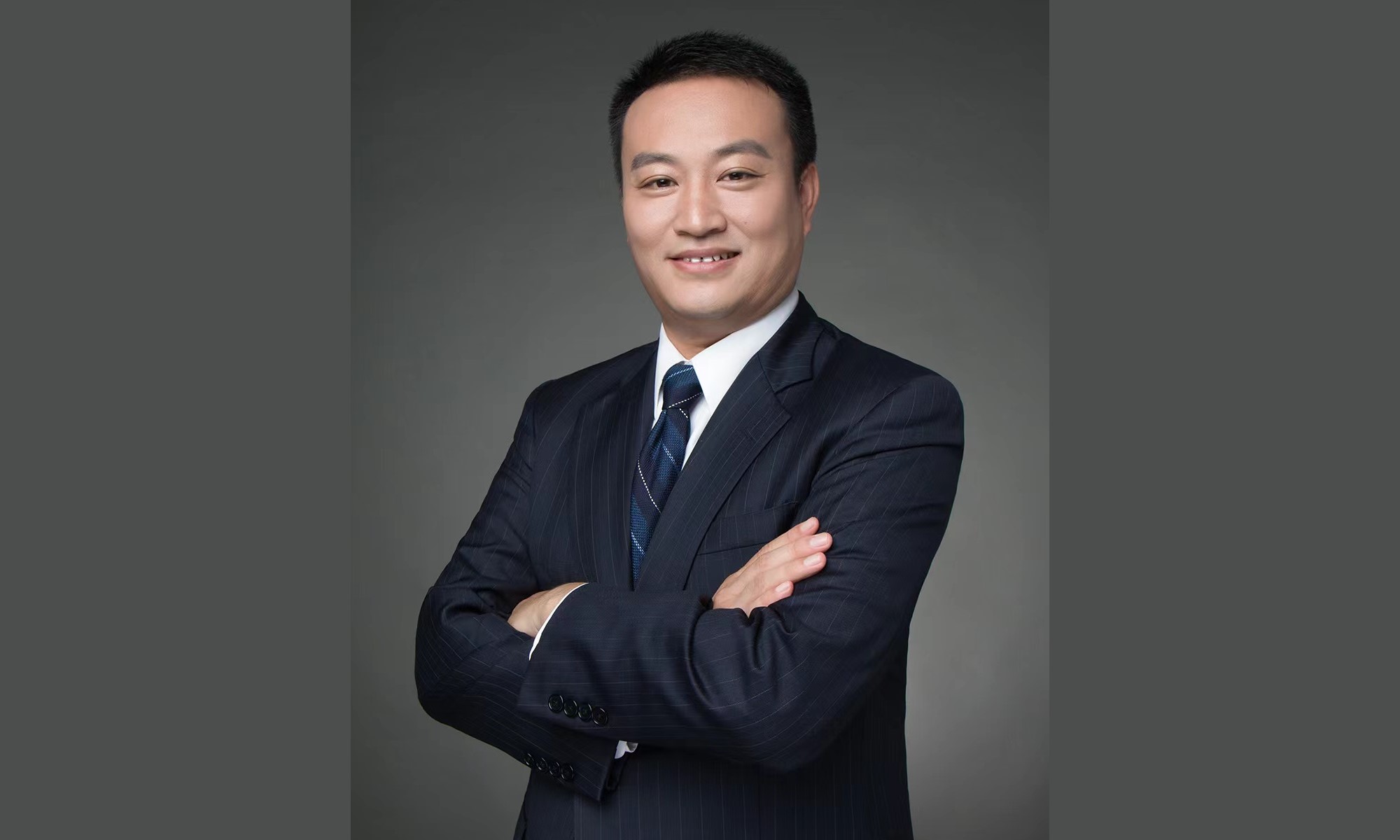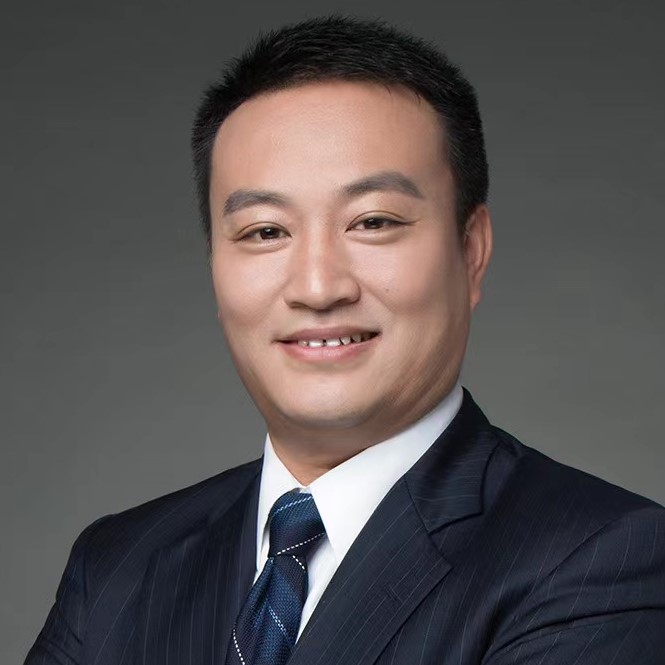
ALB:汉坤在华南地区经历了怎样的发展历程?
薛冰律师:汉坤深圳办公室于2009年设立,是汉坤北京和上海之后的第三个办公室。
我们汉坤在华南地区的发展历程,是伴随着华南地区的客户和项目同步成长的过程。汉坤深圳刚刚设立之时,只有很少的几位同事。但我们北京和上海的同事们一直都有在为华南地区的客户和项目提供专业服务,在汉坤深圳设立后,这就使得我们在项目推进过程中能够协同一体地支持华南地区客户的不同类型的法律服务需求。
早期,汉坤深圳办公室的律师在入职后,都会调派到北京办公室进行短期的交流工作,这为我们深圳同事对汉坤整体业务和文化理念的一体化理解打下了坚实的基础。历经12年的发展,汉坤深圳办公室目前已有近百位同事常驻,并且人员数量上一直在保持着有机的快速增长。
今年还有一个好消息——汉坤海口办公室已经正式投入使用,我们在华南地区的专业支持力量也在进一步增强。
ALB:汉坤在华南市场拥有哪些竞争优势?
薛冰律师:客观讲,汉坤各办公室并不存在业务领域的差异。汉坤全所目前专业人员的总人数超过700名,我们在华南地区以及整个全国市场范围,都是集中服务于境内外投融资市场及与之相关的业务领域。
我们相信在任何一个区域市场,竞争都是多元化的。汉坤的独特优势就集中在我们一直在用事务所的整体力量去深耕每一块业务领域和区域市场。具体来说,对于我们的客户而言,在实际项目运行过程中,我们基于专业领域的差异或者项目效率的需求,会调配不同专业方向以及不同区域的专业力量集中为客户提供专业支持。在汉坤,我们永远不会出现项目上人手短缺的问题,这样就使得我们有了特别突出的集体性竞争优势。
ALB:一体化的管理模式对于汉坤在华南地区的发展有何帮助?
薛冰律师:每个区域的市场发展都会有一定的区域特点和差异。以大湾区为例,在过去的十几年间,市场环境也是在持续发展变化。深圳及周边区域城市也一直在经历着从传统的制造业走向科技及先进制造产业的升级变革,这实际上为大量科技创新企业的发展打造了很扎实的市场环境基础。随着产业转型升级和多元化的发展,大湾区涌现出大量兼具技术和商业模式创新的新生企业力量。
汉坤长期服务着市场中不同类型和背景的投资机构,包括市场中非常活跃的美元基金和人民币基金。早些年,在很多投资机构尚未在华南地区设立办公室或者安排常驻人员的时期,我们不同办公室的专业人员就已经在华南地区长期深耕法律服务市场,为诸多处于不同阶段的投融资项目提供了专业法律服务。
客户在不断成长的过程中,对于法律服务需求的深度和广度也是持续在拓展的。在我们参与的投资融及资本市场交易中,客户自然会产生涉及知识产权、反垄断、网络安全和数据合规,以及香港地区法律等不同领域的服务需求;而这些多元化的需求很可能是直接超出我们交易型律师专业范畴的,这个时候汉坤一体化的优势就体现出来了:相关专业领域的同事,包括香港办公室的同事,可以及时参与到我们与客户的沟通中,协助客户解决不同领域的专业问题。汉坤在一体化的管理模式下,能够高效地调配所内资源,为客户提供一站式的法律支持。
ALB:未来,汉坤在华南地区有何展望?
薛冰律师:我们相信粤港澳大湾区的协同发展,一定会对专业性商事法律服务提出更高的要求。我们汉坤在华南地区,将持续培养和打造能够为客户提供解决方案为导向(solution oriented)的专业人才梯队,在客户的发展过程中提供全面的支持。
Assembling all resources to cultivate each regional market, an interview with Xue Bing, partner at Han Kun Law Offices
ALB: How did Han Kun grow in South China?
Xue Bing (Xue): Han Kun opened its Shenzhen Office in 2009, making it the firm’s third office after Beijing and Shanghai.
We expanded in South China in tandem with our clients’ and projects’ expansion in the region. Han Kun Shenzhen began as a small office with just a few lawyers and employees. In the South China region, our lawyers have been putting their skills to work for our clients and their projects. We can provide a variety of legal services for our clients in a coordinated manner thanks to our Shenzhen office.
For the first several years, after joining the Shenzhen office, lawyers of Han Kun Shenzhen Office will be dispatched to the Beijing office for a short-term exchange to enable them to get a comprehensive grasp of Han Kun’s business and culture. Han Kun Shenzhen Office has had organic and quick development in team size since its establishment 12 years ago, and presently employs approximately 100 colleagues.
Good news this year is that Han Kun’s Haikou Office has been officially put into use to further enhance our services in South China.
ALB: What are Han Kun’s competitive advantages in the South China market?
Xue: Objectively speaking, there are no differences in service areas among Han Kun’s offices. With over 700 lawyers in total, we focus on working for our clients in the domestic and overseas investment and financing markets and related business areas in South China and nationwide.
We believe that competition in any regional market is diverse. We have a defining advantage in that we have pooled all of our efforts to cultivate each practice area and regional market. When working on projects for our clients, we assign lawyers who specialize in the particular areas to the projects based on their experience and the requirements on efficiency. We never have a manpower shortage on any of our projects at Han Kun, which is one of our competitive advantages that make us stand out.
ALB: How does the integrated management help Han Kun’s expansion in the South China market?
Xue: Each region’s market development has distinct characteristics that set it apart from other markets. Take the Greater Bay Area as an example. The market environment in the area continues to develop and change over the past decade. Shenzhen and surrounding cities have been undergoing the upgrade from traditional manufacturing to high tech and advanced manufacturing industries, which in fact created a solid market environment for the growth of a large number of technologically innovative companies. In the Greater Bay Area, a huge number of new companies with innovative technology and novel business models have formed as a result of industry change, upgrading, and diversification.
Han Kun has worked for a variety of investment institutions with diverse backgrounds. USD and RMB funds that are particularly active in the market are among them. Our lawyers from different offices have been fully involved in the legal service market in South China for a long time, providing professional legal services for a large number of financing and investment projects at various stages, when there were not many investment institutions opening up offices or assigning resident staff to operate in South China a few years ago.
As our clients’ businesses grow, they require us to provide a broader range of legal services, including intellectual property rights, antitrust, cybersecurity, and data compliance in investment, financing, and capital market transactions; and in some situations, we must provide services relating to laws in Hong Kong and other jurisdictions. These various demands necessitate the firm’s working as a single entity, which is the strength of integrated management: lawyers with varying levels of expertise and specialization, including those from the Han Kun Hong Kong Office, would work together to respond to clients’ needs quickly. We can efficiently deploy internal resources and provide one-stop legal service for our clients thanks to integrated management.
ALB: What are Han Kun’s future plans in South China?
Xue: The Greater Bay Area’s coordinated development will undoubtedly raise our clients’ expectations for expert business legal services. Han Kun will continue to grow and build a team of solution-oriented experts who can give comprehensive support to clients in order to help them reach their goals.
